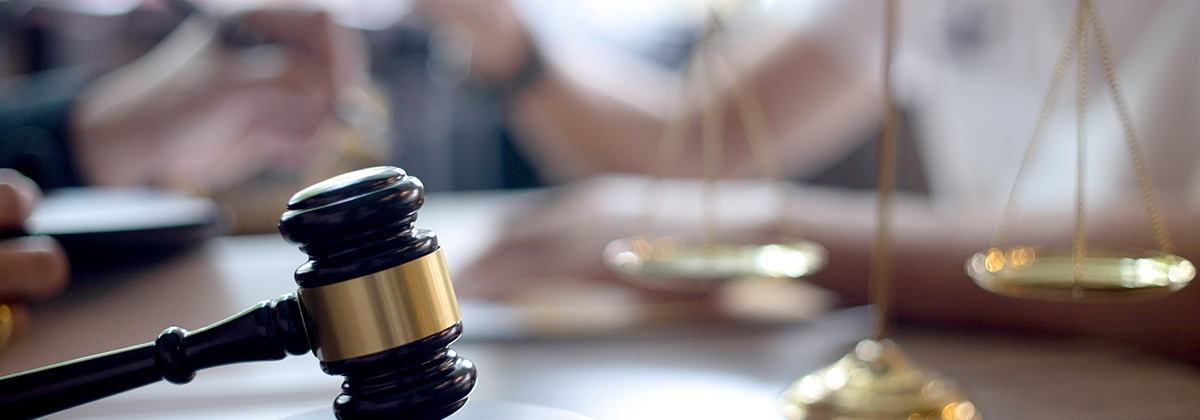In a recent decision, the United States Supreme Court significantly affected how and why Trademark Trial and Appeal Board (“TTAB”) cases are litigated. The outcome of a TTAB proceeding can determine the outcome of a Federal lawsuit.
In B&B Hardware, Inc. v. Hargis Industries, Inc., 135 S. Ct. 1293 (2015) (“B&B Hardware”) the Supreme Court held that TTAB decisions concerning the likelihood of confusion between two marks can have a preclusive effect in trademark infringement actions later filed in Federal Court. According to the Supreme Court, “so long as the other ordinary elements of issue preclusion are met, when the issues adjudicated by the TTAB are materially the same as those before a district court, issue preclusion should apply.”
At issue in B&B Hardware was B&B’s use of SEALTIGHT on metal fasteners for use in the aerospace industry and its objection, based on a likelihood of confusion, to Hargis’ use of SEALTITE on self-drilling metal screws for use in the construction industry. The TTAB decided in favor of B&B, holding a likelihood of confusion exists between its SEALTIGHT mark and Hargis’ SEALTITE mark.
Simultaneously with the TTAB proceeding, B&B sued Hargis for trademark infringement in Federal Court. Armed with the favorable TTAB decision, B&B argued that given the preclusive effect of the TTAB’s decision, Hargis could not contest the TTAB’s determination that a likelihood of confusion exists between the two marks. The Federal Court disagreed and a jury returned a verdict for Hargis, finding no likelihood of confusion between the marks.
The parties appealed, but the Eighth Circuit Court of Appeals affirmed the Federal Court’s decision. The Supreme Court then reversed the Eighth Circuit’s decision. The Supreme Court’s ruling is significant given that the TTAB is not an Article 3 Court; but merely an administrative agency tasked with deciding the registerability of trademarks filed with the United States Trademark Office.
Before the Supreme Court’s ruling in B&B Hardware, Federal Courts viewed TTAB decisions as persuasive, rather than controlling authority. In other words, Federal Courts could gain insight from, but were not bound by, decisions of the TTAB. Post B&B Hardware, however, TTAB decisions are now more important than ever for some key reasons. While a Federal Court trial can result in monetary damages or an injunction preventing a party from using an infringing mark, the TTAB merely has the authority to grant or cancel federal trademark registrations. Thus, a TTAB proceeding focuses on a limited number of issues, most importantly, whether a likelihood of confusion between marks exists. Along with this limited focus, TTAB proceedings are typically lower in cost when compared to Federal Court trials before a jury.
The Doctrine of Res Judicata (issue preclusion) holds that litigants should not get multiple bites at the same apple; i.e., multiple chances to argue the same issue. So while the TTAB cannot award monetary damages, now thanks to the Supreme Court and B&B Hardware, a TTAB decision can be grounds for a Federal Court to find trademark infringement, without rehashing the specifics of what constitutes confusion between the marks. Thus, the Federal Court could use the TTAB’s decision to conclude trademark infringement exists and thus award monetary damages and/or injunctive relief.
Those facing cancellation of their trademark in a TTAB proceeding should consider whether it best to abandon the mark, rather than risk an adverse TTAB decision which might become the basis for monetary damages in Federal Court.

